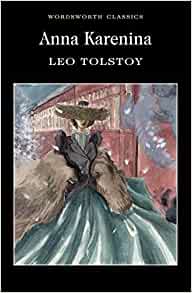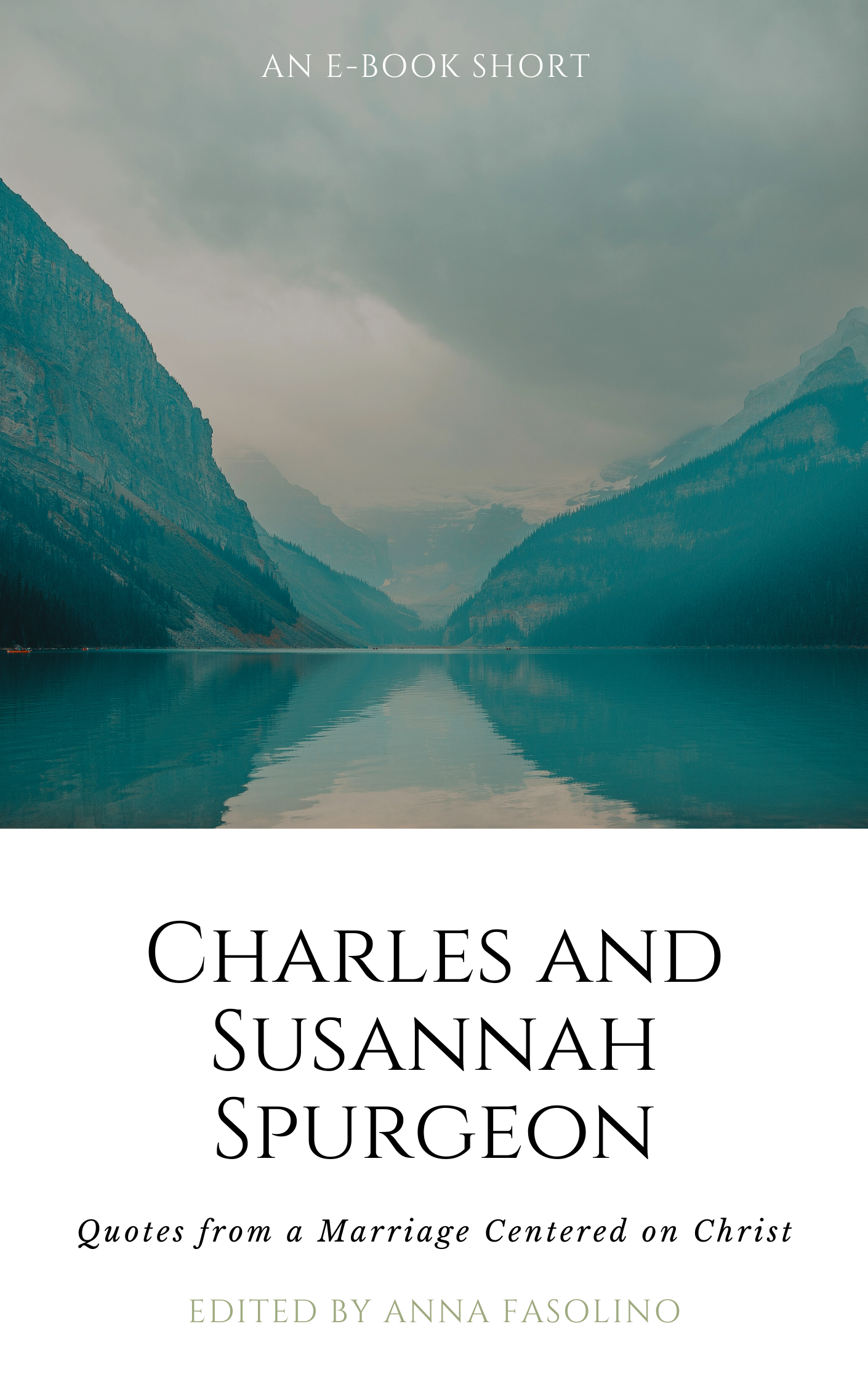Mini Book Review #25: Anna Karenina, by Leo Tolstoy. A short-and-sweet summary of this classic Russian novel.
Anna Karenina is a brilliant study of humanity. It tells two stories: one of faithful and one of faithless love. And while the faithless Anna has reasons for leaving her husband, she finds that happiness cannot be found in living for one’s own pleasure. I avoided reading this book for many years. I assumed it would be salacious (as such a novel likely would be if written today). But it is classic Tolstoy in its elegance and pure sting.
Admittedly, Anna Karenina grows tedious at times. Tolstoy used it to voice his own opinions of Russian politics and culture and agriculture through many chapters of long conversations. So why read this book? It isn’t merely historically interesting. Tolstoy flashes into the near sublime in his reflections upon character.
Brilliant Reflections – My Favorite Quotes
Alexei, the wronged husband, lives and works in “reflections of life,” and draws back when he encounters life itself. Anna Karenina, one of two parallel protagonists, realizes well into her affair with Vronsky that, “I have become his unhappiness and he mine, and it’s impossible to remake either him or me.”
Levin, the parallel protagonist, who exemplifies loyal love for his wife, struggles with doubt and then suddenly reaches epiphany from a chance remark. “I looked for miracles,” he reflects, “…and here it is, the only possible miracle, ever existing, surrounding me on all sides, and I never noticed it! What miracle can be greater than that?” As all around him pursue only their own pleasure, Levin realizes the immense blessing of a Christian upbringing and finds that it’s worthless to live except when living “for the truth, for God.”
“I have become his unhappiness and he mine, and it’s impossible to remake either him or me.”
Tolstoy in Anna Karenina



 : a favorite place to walk when we can!
Once
: a favorite place to walk when we can!
Once 
![The first photos are of my parents’ sprawling rural Arkansas garden. The last is of my tiny little beds in the big city. Plants bring life to even the smallest corner!
I’ve been reading some beautiful fiction this year, and I just posted a review of a book by one of my favorite authors, Leif Enger. (https://therestfulhome.com/brave-young-handsome-review/ in your browser, or click on the link in my Instagram profile) If you don’t have time to read the book, though, here’s just a quote or two for your enjoyment:
🎼
“Death arrived easy as the train; [he] just climbed aboard, like the capable traveler he was.”
🛤️
On riding a horse: “You are a feeble and tenuous being; the only thing a horse wants from you is your absence.” 🐎 😄
#quotes #leifenger #amreading #gardens #gardening](https://scontent-atl3-1.cdninstagram.com/v/t39.30808-6/468657020_18342474787176025_4442629541396867851_n.jpg?_nc_cat=108&ccb=1-7&_nc_sid=18de74&_nc_ohc=DEja6UP2ct4Q7kNvgEYJxCM&_nc_zt=23&_nc_ht=scontent-atl3-1.cdninstagram.com&edm=ANo9K5cEAAAA&_nc_gid=AA4bBsvQ_JpqZXLUPUTpTC8&oh=00_AYCjI9LUx-cJxe6cu0n7H1Gounaz92aBlTrQacnKut8umg&oe=67567CAB)
















